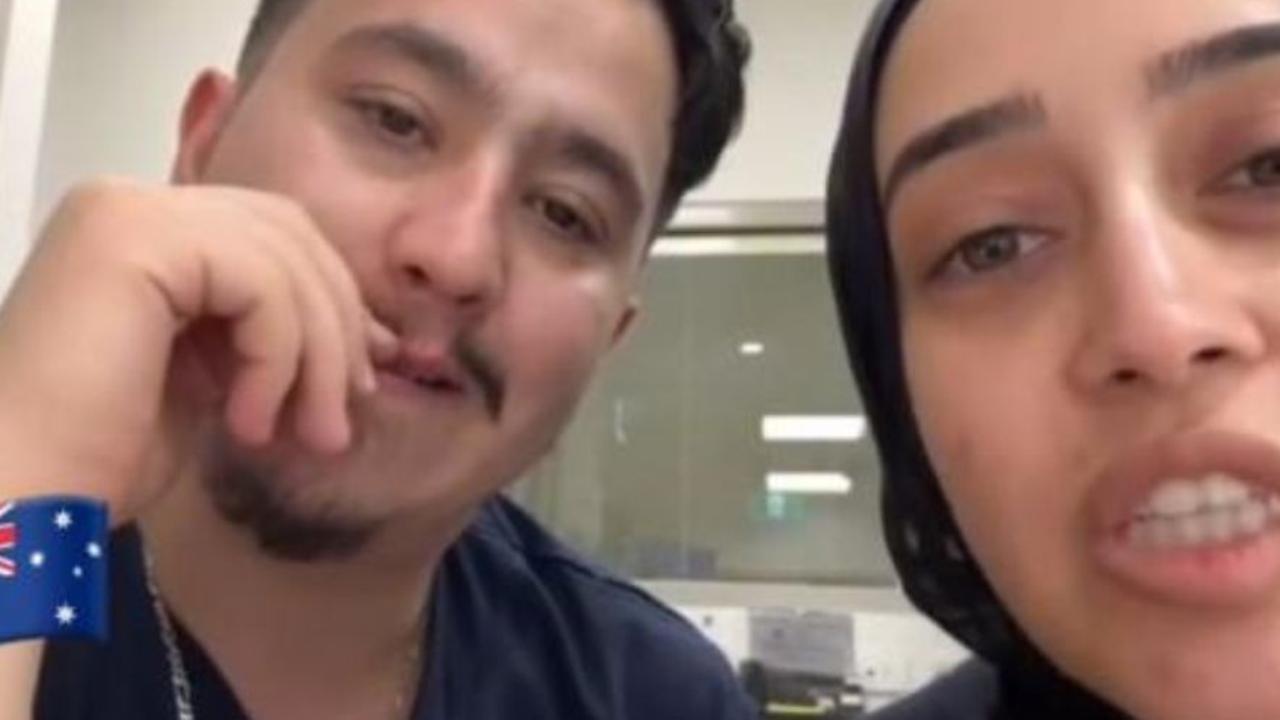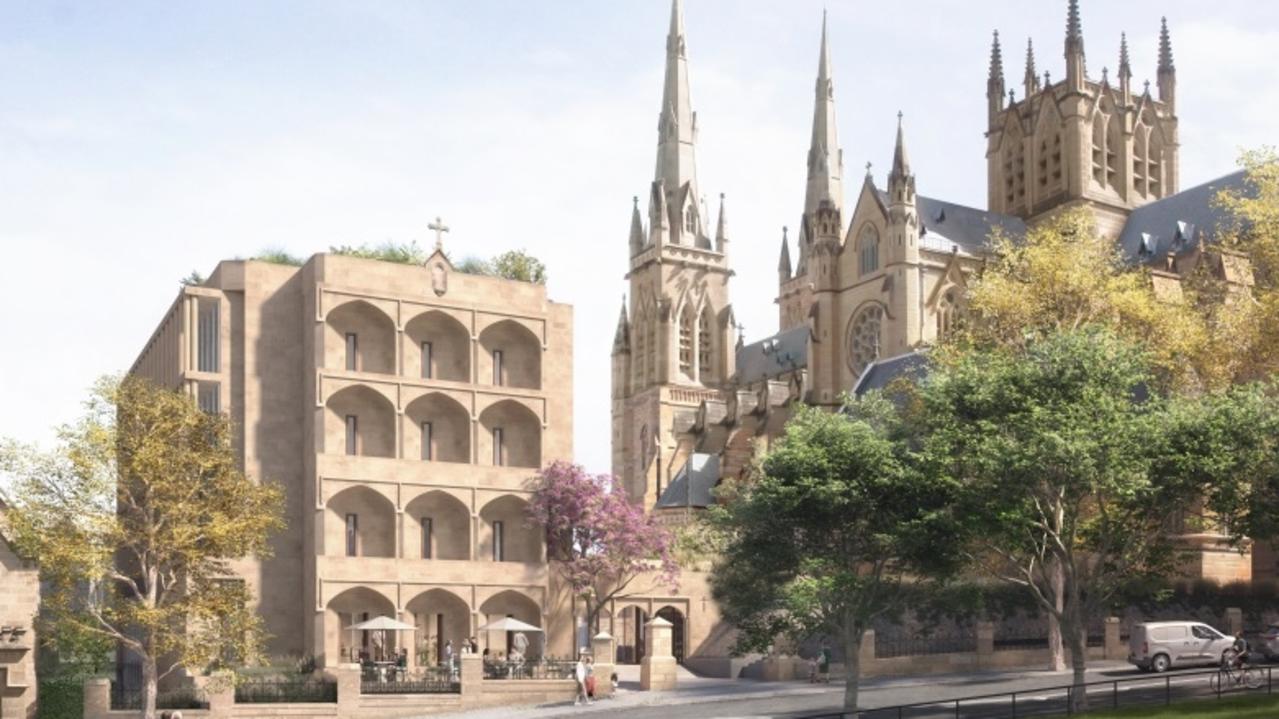Can We Talk? Funding cuts prompt fears of youth suicide rise
WE NEED TO TALK: Life-saving youth mental health services are being quietly dismantled by the Turnbull Government, leaving thousands of teenagers at greater risk of suicide.
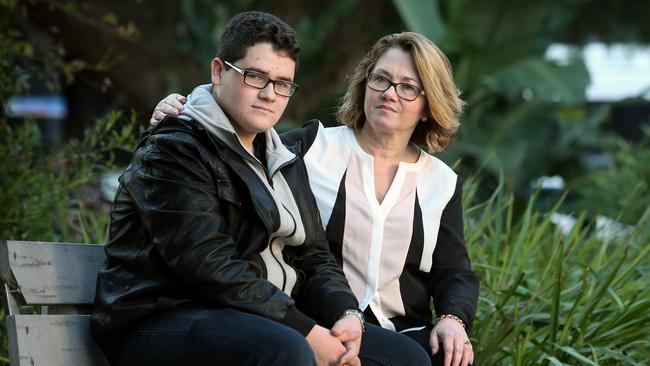
NSW
Don't miss out on the headlines from NSW. Followed categories will be added to My News.
LIFE-saving youth mental health services are being quietly dismantled by the Turnbull Government, leaving thousands of teenagers at greater risk of suicide.
The government is refusing to guarantee funding for headspace, the national youth mental health network, and hYEPP, a world-leading service for young people with psychosis.
The move has already prompted “devastated” headspace CEO Chris Tanti to take early redundancy.
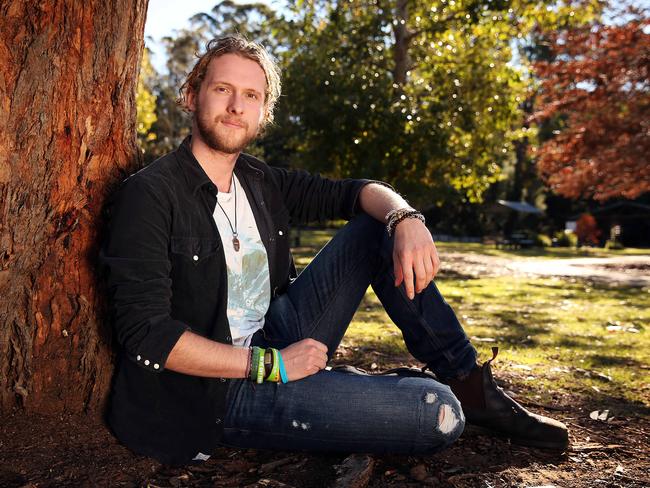
Today the Sunday Telegraph, is asking Prime Minister Malcolm Turnbull to step in and save headspace and hYEPP by guaranteeing their future funding, as part of our Can We Talk campaign on youth mental health.
Both headspace and hYEPP are to come under the 31 newly created Private Health Networks, which will take control of federal funding over the next two years and decide whether to close individual headspace centres and psychosis programs.
Experts warn any reduction in services will force desperate young people into overburdened hospital emergency rooms and could see more youth suicides.
Health Minister Sussan Ley has rejected the claims saying individual centres could actually get more money.
But Mr Tanti, headspace’s founding chief executive, believes this is the end of headspace as a truly national dream.
“I’m really sad that what we have created in this country, which is the envy of the world, is a national platform of care for young people,” Mr Tanti said.
“It’s pretty devastating when we still haven’t actually completed the build of 100 centres (as originally planned). We’re at 94.”
The Sunday Telegraph wants Mr Turnbull to protect headspace and the headspace Early Psychosis Programme (hYEPP) by signing a three-way agreement between the Commonwealth, headspace and the PHNs, a mechanism first recommended by the National Mental Health Commission as a way of guaranteeing their future.
Ms Ley claims the total funding is not being cut and said the reforms were actually designed to “make it easier to set up headspace centres across Australia by putting the power to contract them in the hands of local communities, not bureaucrats in Canberra.
“Scare campaigns claiming funding for youth mental health services, such as headspace, are at risk are false, misleading and will only ensure young people who need them most do fall through the cracks,” Ms Ley said.
“This in no way should be seen as a threat. In fact, the arrangement proposed here could result in additional funding for local headspace centres.”
hYEPP is the only targeted treatment for young people aged 12-25 who are hearing voices, having serious delusions and threatening self-harm, and is presently caring for 760 patients.
Those patients could be forced to rely on hospital emergency rooms or will get no care at all, because PHNs may decide to sprinkle the funding “like confetti” over a range of services, according to University of Melbourne Youth Mental Health Professor Patrick McGorry, who pioneered the intervention model and is on the headspace board.
“The worst case scenario here is that there will be many excess deaths from suicide,” he said.
“Once fully operational dozens of lives would be saved by these programs and many other premature deaths avoided due to physical health problems.”
University of Sydney associate professor Alan Rosen said the policy “abandons vulnerable young people and their families”.
“Imagine that there was only one state-of-the-art evidence-based cancer treatment centre for the whole of Western Sydney,” Prof Rosen said.
“Now imagine that the federal government withdrew and dismantled this cancer service, sprinkling its resources in the name of equity, offering instead each person just one ineffective dose of chemotherapy only.”
Senator Nick Xenophon demanded the decision be reversed.
“Many hundreds of vulnerable young people will be at risk if this program is terminated. My fear is that this will actually cost lives,” Senator Xenophon said.
At his campaign launch today, Labor leader Bill Shorten is expected to commit to funding for all headspace centres, as well as $72 million for regional suicide prevention programs.
Black Dog Institute director and mental health Professor Helen Christensen said she has no problem with hYEPP being absorbed into PHNs, as long as their funding is maintained.
“These programs have been fantastic in bringing infrastructure, staffing and services to young people,” she said.
As of July 1 hYEPP programs including those based out of headspace centres in Mt Druitt, Penrith and Parramatta will have their funding cut by 25 per cent for 2016, and by 70pc in 2017-18.
Headspace’s overall $170 million budget has been handed to the newly created Primary Health Networks and its national office budget will fall from $19 million to $8 million per annum next year, and $5 million the following year.
Mr Tanti said there was no guarantee the PHNs would keep funding either the headspace centres or the hYEPP programs.
SOPHIE’S STORY
SOPHIE* is the girl who headspace brought back from the brink of full-blown psychosis.
The bright 14-year-old has endured four open-heart surgeries because of a congenital heart condition, but when she started self-harming, her parents were deeply worried.
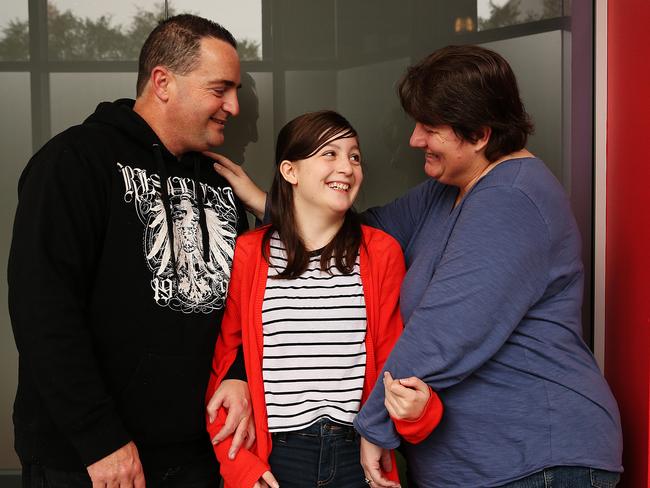
“I was getting these voices in my head and they were bringing me down and not making me any happier or what I used to be,” she said of the voices, which began around last Christmas.
“I had this little boy visiting me … he was bad with the voices and I just wanted to get better because I was never myself.
“The voices made me hurt myself because they made me feel worthless.”
Sophie came into the hYEPP program and has since said goodbye to the voices.
MAX’S STORY
REPORTS of beheadings in ISIS-ravaged Syria were the first trigger of psychosis for 18-year-old Max*.
The otherwise friendly and engaged teen became convinced he was receiving messages through the television around September 2014.
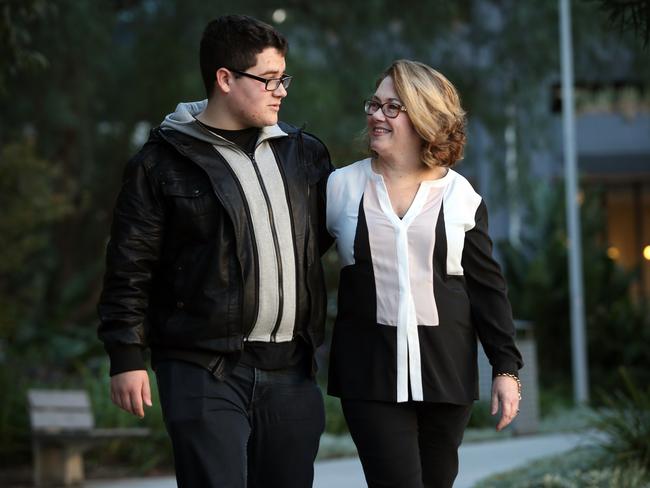
Psychosis, which is an inability to distinguish between what is real and what’s a delusion, had him convinced he was a terrorist and a criminal.
He also believed he had a tracking device implanted in his brain and was being hunted by the police.
“It’s devastating and scary to go through it,” the teen, from the Hills region in northwest Sydney, said.
“Some of the messages coming through, one of them was saying that ‘you should kill yourself’.”
Max’s parents got him into headspace’s hYEPP program after he was given care in both the public and private health systems.
His mother Cathy*, 56, said: “There is just nothing comparable” to the hYEPP program.
* Not their real names.
ALESSANDRO’S STORY
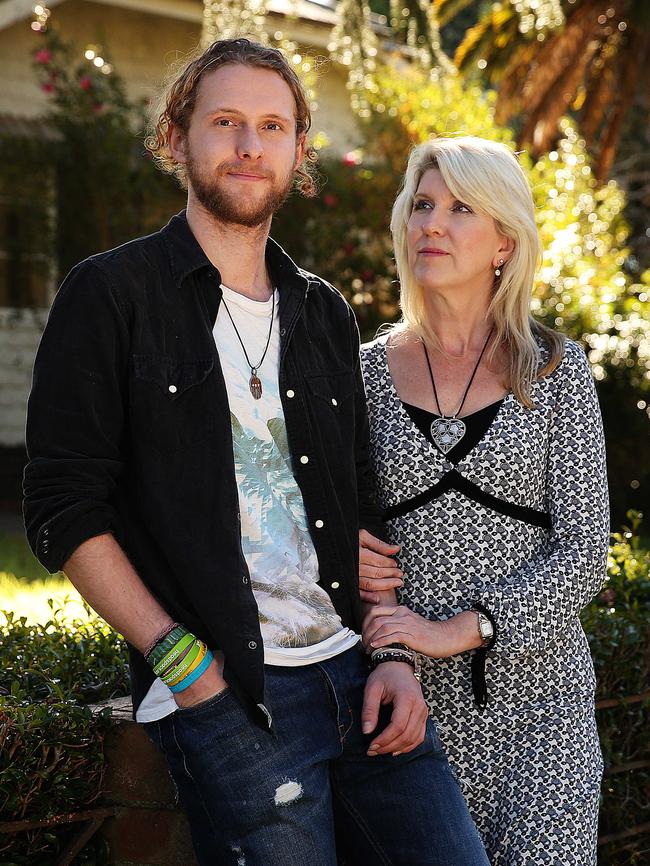
BELIEVING you are without hope or a future is something Alessandro Donagh-De Marchi knows all too well.
Having suffered from depression and anxiety throughout his teenage years, the Southern Highlands local has felt the crippling effects of mental ill-health.
This culminated in him making an attempt on his life aged 17.
“You don’t want to die — you just want what you are experiencing to stop,” he said. “Nobody should have to go through that so they can realise that life always changes.”
The 22-year-old is now advocating for the headspace Youth Early Psychosis Programme (hYEPP) to remain.

